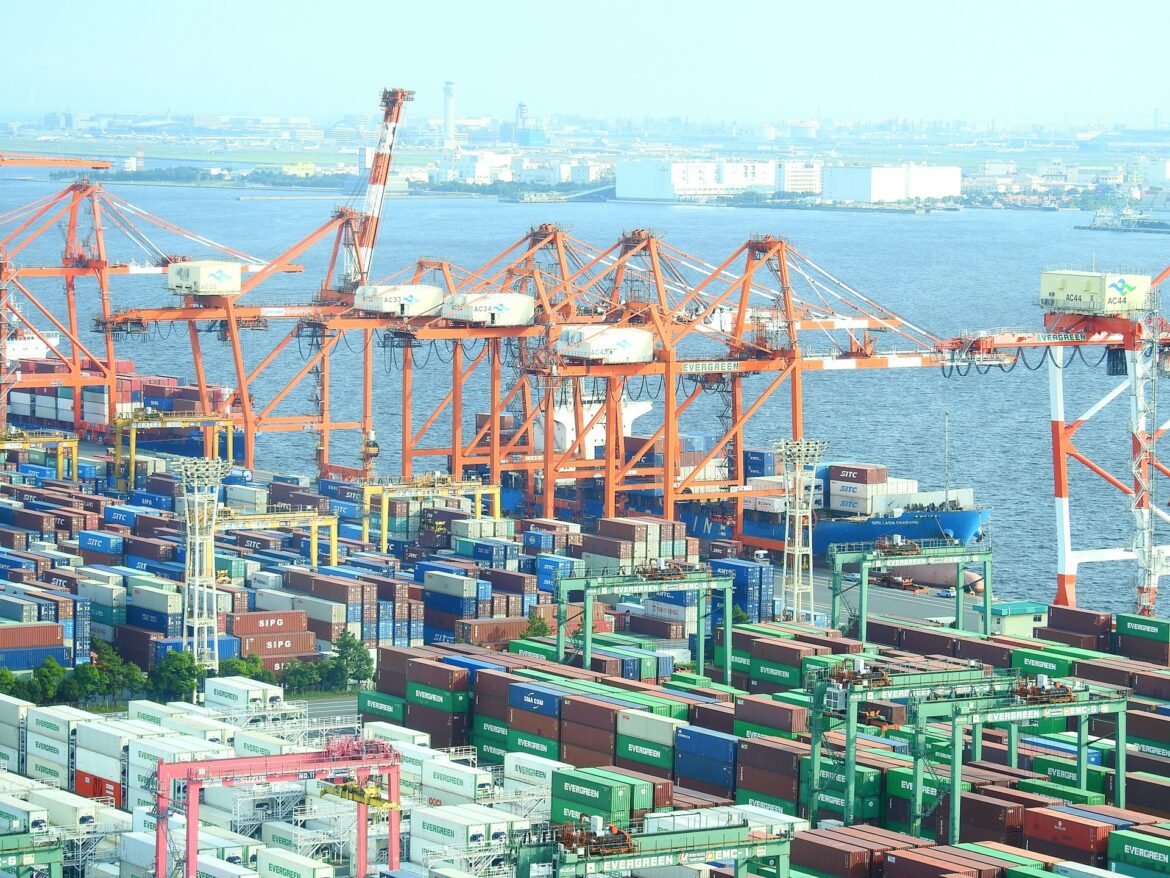Bangladesh is on the verge of introducing a new Import Policy Order (IPO) that promises to be a game-changer for its trade sector. This upcoming policy aims to cut down on old-fashioned rules, speed up how goods move through ports, and ultimately make it easier and cheaper to do business. Such a modern approach is expected to significantly boost Bangladesh’s trade activities and strengthen its position in the global market, signalling a clear commitment to economic efficiency. Currently, Bangladesh’s import system often faces delays due to extensive checks. For example, food and agricultural items undergo 100% inspection, which is much higher than the 5% to 25% seen in most other countries. This thorough process can hold up goods for over a week, costing businesses more money and, in turn, increasing food prices for consumers. Another outdated rule requires a “radioactivity-free” certificate for almost every shipment, even though years of testing have shown no issues. These kinds of extra steps add unnecessary time and expense, hurting overall trade competitiveness. The new Import Policy Order is designed to fix these issues. It plans to move away from blanket checks to a more modern, risk-based approach. This means that instead of inspecting every single item, authorities will use smart tools to identify and focus on shipments that might pose a higher risk, while letting compliant goods pass through more quickly. This change alone is expected to significantly reduce clearance times and cut down on costs for importers, making the entire process much smoother. Moreover, the new policy is set to remove other outdated requirements, such as compulsory antibiotic screening for low-risk animal feed ingredients, which currently adds to import costs. It also plans to increase the limits for importing samples, which is a big deal for industries like pharmaceuticals and leather goods. For instance, pharmaceutical companies might be allowed to import more valuable test samples, and leather exporters could bring in more shoe or bag samples to match international buyer demands. These changes will help businesses develop new products, improve quality, and stay competitive. By adopting a science-based, risk-driven approach and simplifying rules, the new IPO will not only speed up trade but also help lower food inflation by reducing import expenses. This forward-thinking policy is expected to make Bangladesh more attractive to international investors, show that the country is truly open for business, and enhance its overall economic strength. It marks a significant step towards modernizing the trade sector, helping it to thrive in a competitive global environment and contribute even more to national prosperity.
New Import Policy Order Set to Boost Bangladesh Trade
42


